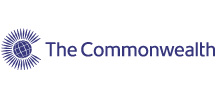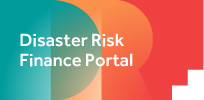There is limited actionable guidance on how the rural sanitation and hygiene sector can make systemic changes through planning and implementing project delivery, enabling demand, changing behaviour, addressing social norms, monitoring and evaluation, and more at the local level. Furthermore, the voices of vulnerable people, households, and communities who are at the forefront of experiencing climate change impacts on sanitation are largely absent in existing discussions.
This publication aims to address these gaps in rural sanitation and hygiene thinking through:
- unpacking the reasons behind the limited progress towards addressing climate change in the sanitation and hygiene sector;
- exploring climate impacts on rural sanitation and hygiene practices;
- placing people, households, and communities at the centre of programming using participatory methods for learning; and
- providing actionable ideas to integrate climate thinking and learning into rural sanitation and hygiene programming at the household and community level.
Rural sanitation practitioners already consider many types of risk in the design and implementation of programmes. This publication supports rural practitioners in civil society and government to add a climate lens to existing programmes. It provides the sector with a menu of options and ideas from a climate change perspective. It is not a prescriptive list or a ‘one size fits all’ approach.
Practitioners can draw on various ideas and parts of this guidance and modify them to suit specific programmatic and regional contexts. The quotes included are from interviews with sanitation and hygiene practitioners. They describe their experience with programming in contexts increasingly challenged by climate related concerns.

